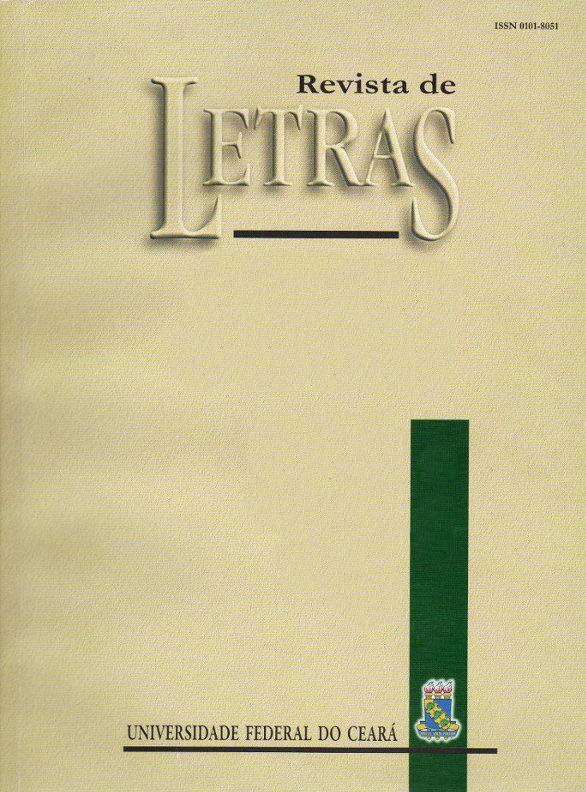FRASEOLOGIA E ANTROPONÍMIA: DA TEORIA A UMA PRÁTICA EXPLORATÓRIA DE UNIDADES FRASEOLÓGICAS E CULTUREMAS ANTROPONÍMICOS
Keywords:
Fraseologia, antroponímia, toponímiaAbstract
Abstract
The objective of this article is to present a list of jocular and pejorative designations of collective identities or nicknames, of an anthroponymic nature, relating to toponyms in the district of Évora in Portugal. In this text, we utilise the corpus compiled by the anthropologist João David de Morais and published in 2006 in the book Ditos e Apodos Colectivos. The relationship between language and culture is a complex one, extending from the concept of language as a repository of human cultural manifestations to the notion that words are carriers of world views. Language, therefore, can be seen as a means of accessing culture. In order to fully comprehend this relationship, it is essential to understand language, culture and identity, taking into account the lexical manifestations presented in historical and regional contexts. In this article, we will make a modest contribution to the study of phraseology.
This line of thinking posits that lexical realizations, particularly those pertaining to social activities, play a pivotal role in comprehending the cultural nuances of a given people and in the formation of a distinctive or regional identity. The cultural themes encapsulated in the nicknames, apodos, and collective designations under examination here contribute to the construction of an identity.
The following keywords are used throughout this text: phraseology, anthroponymy and toponymy.
Keywords: Phraseology, anthroponymy, toponymy
Downloads
Downloads
Published
How to Cite
Issue
Section
License
Copyright (c) 2024 Maria João Marçalo

This work is licensed under a Creative Commons Attribution 4.0 International License.
Autores que publicam nesta revista concordam com os seguintes termos:- Autores mantêm os direitos autorais e concedem à revista o direito de primeira publicação, com o trabalho simultaneamente licenciado sob a Licença Creative Commons Attribution que permite o compartilhamento do trabalho com reconhecimento da autoria e publicação inicial nesta revista.
- Autores têm autorização para assumir contratos adicionais separadamente, para distribuição não-exclusiva da versão do trabalho publicada nesta revista (ex.: publicar em repositório institucional ou como capítulo de livro), com reconhecimento de autoria e publicação inicial nesta revista.
- Autores têm permissão e são estimulados a publicar e distribuir seu trabalho online (ex.: em repositórios institucionais ou na sua página pessoal) a qualquer ponto antes ou durante o processo editorial, já que isso pode gerar alterações produtivas, bem como aumentar o impacto e a citação do trabalho publicado (Veja O Efeito do Acesso Livre).

.png)





.png)
